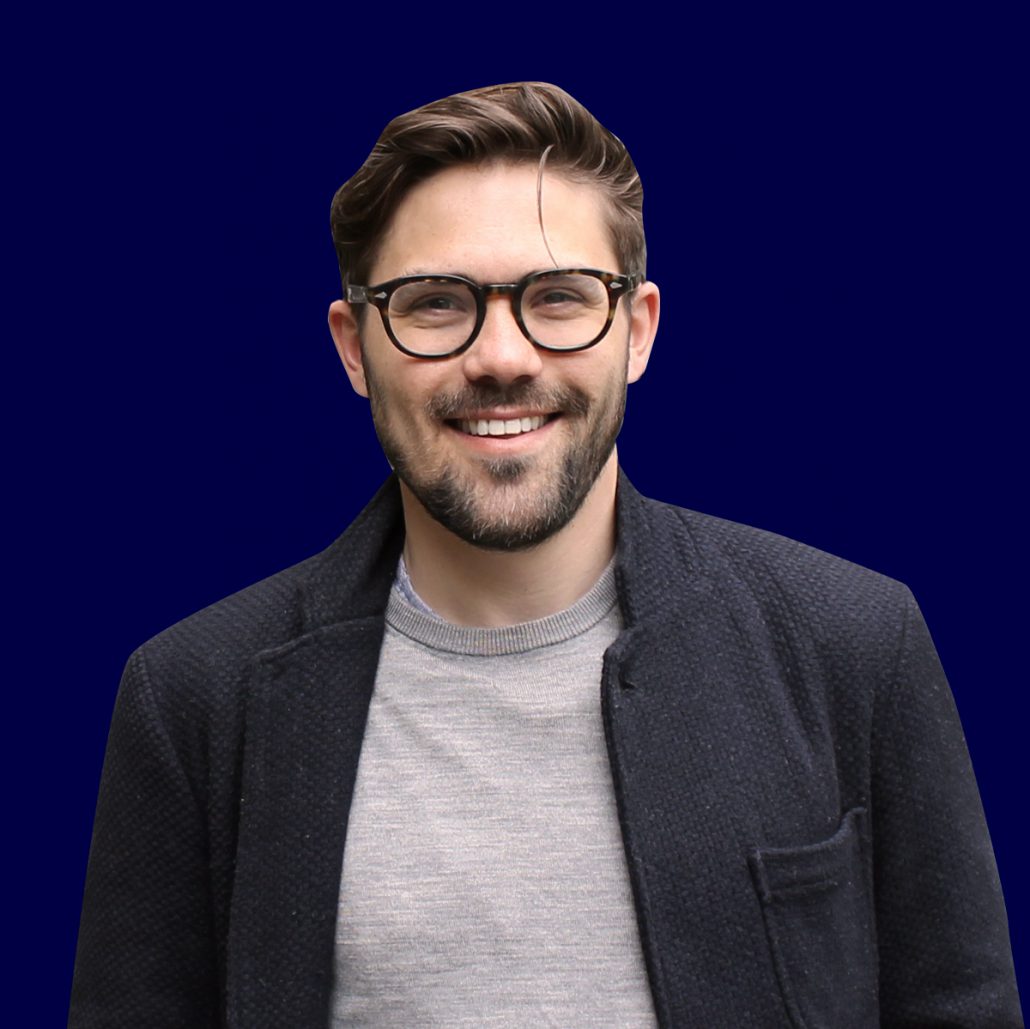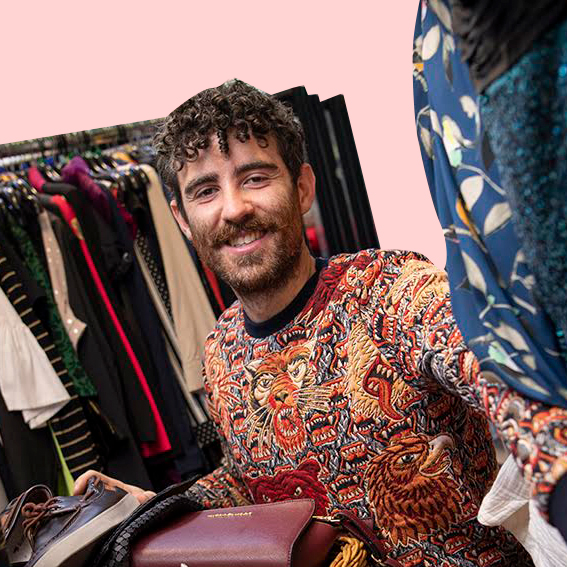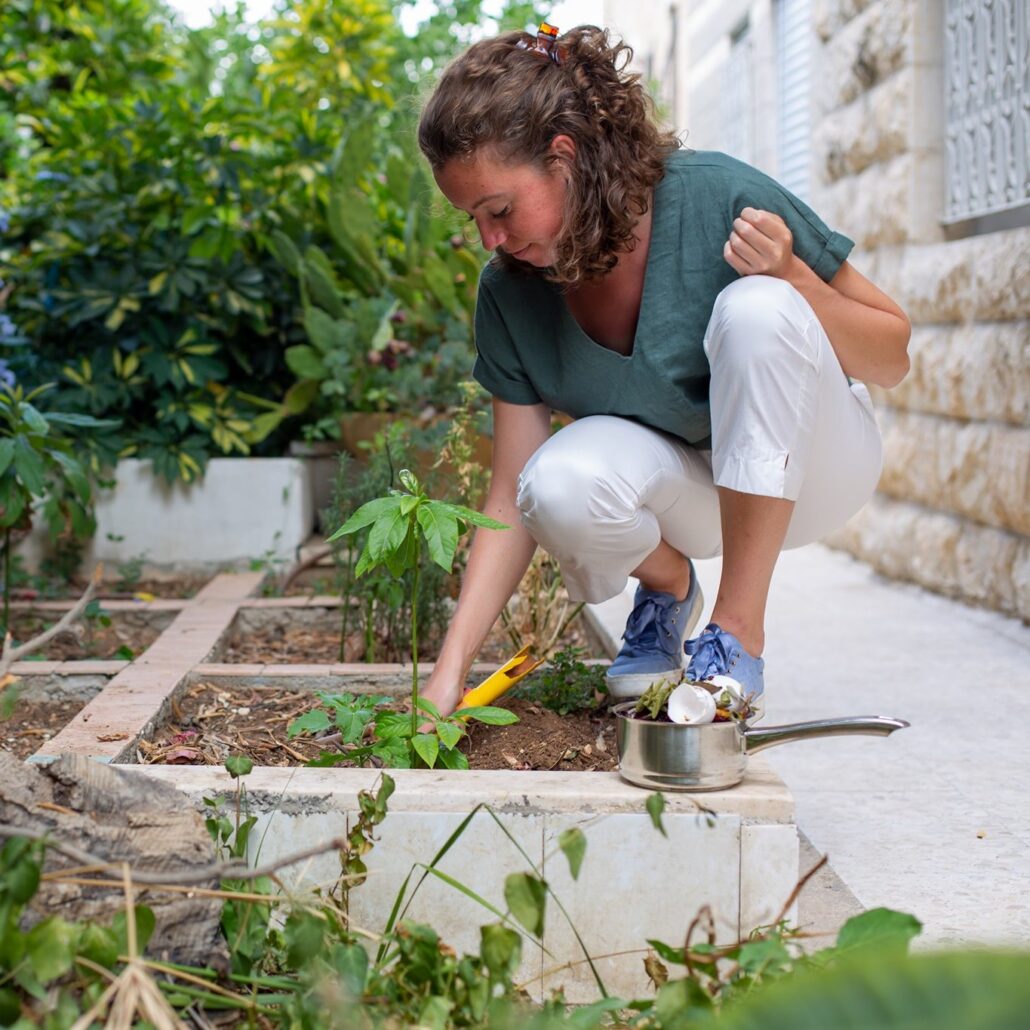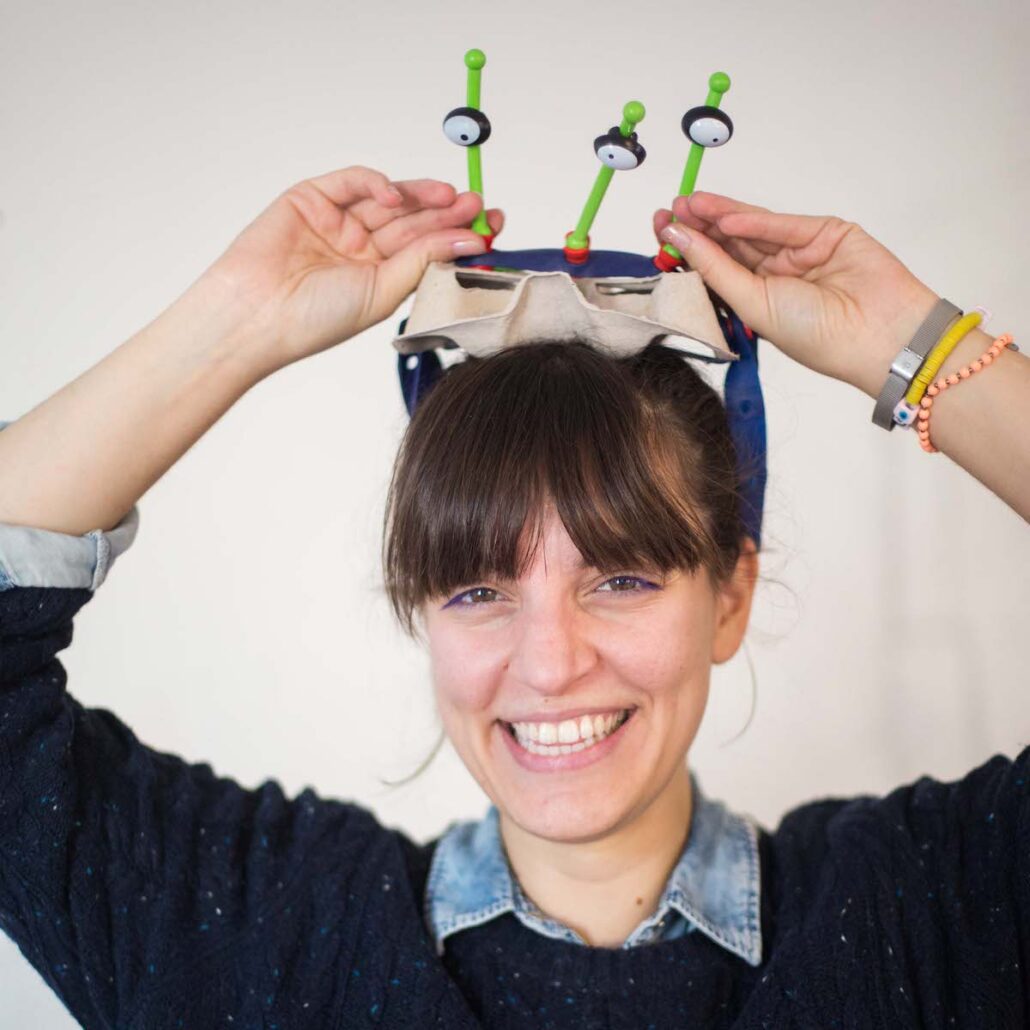Europe Report
2024
Why the world needs Possibilists
Young individuals from across Europe are creating important positive change on all fronts of society. They devote themselves and their resources to tackling some of the most pressing challenges of our time, often at a great personal cost. This special Europe edition of The Possibilists Report highlights their impact and sheds light on their struggles and needs.
This special European edition of The Possibilists Report is supported by Google.org
The Possibilists is supported by:


The change
we envision:
The Possibilists is an alliance of the world’s largest support networks for youth innovation. Our vision is a global support ecosystem that is aligned by a shared, data-driven understanding of the needs that young changemakers have; creating the best possible conditions for them and their initiatives to thrive.
The 2023 Study and the 2024 Europe Report
This study was conducted in 2023 by an alliance of the world’s largest support networks for youth innovation. It was driven by the desire to better understand the lives and realities of young changemakers from around the world. We reached a total of 1656 changemakers from around the world, of whom 1160 run existing initiatives beyond the ideation stage. 229 of them come from Europe. The data presented in this special 2024 Europe report focuses on the latter.
Info on the study participants:
229
29
Degree
Degree
Young women and girls
LGBTQIA+
Migration backgrounds
Religious and other minority groups
Racial discrimination
Young people
Disability or other health related issues
Economically disadvantaged people
Indigenous people
People from a rural or underserved community
Young women and girls
LGBTQIA+
Migration backgrounds
Religious and other minority groups
Racial discrimination
Young people
Disability or other health related issues
Economically disadvantaged people
Indigenous people
People from a rural or underserved community
A powerful force for change
They are winning Nobel Peace prizes, and mobilizing movements around the climate crisis in ways that put global leaders to shame. They are voting in record numbers, volunteering, showing up for their communities, leading powerful movements against corrupt systems, and are choosing purpose over paychecks. They are taking real action, and it’s time to take them seriously.
Life happiness
As this report will show changemakers face many challenges. Despite this, life satisfaction among young changemakers in Europe is strikingly high. On a scale of 0 to 10, they rank at a 7.40 on average. This is considerably higher than the global average of 5.55. In fact, if changemakers in Europe were a country, they would rank 6th in the world (out of 96 surveyed countries), between the Netherlands and Sweden. Being able to pursue their passion and work in line with their purpose and values plays a large role in their overall life satisfaction.
World Happiness Report 2020-2022 average
The Possibilists
What they work on and why
When we asked changemakers from Europe to think about their work within the Sustainable Development Goals (SDG) framework, the three main focus areas are:
Quality education
35.4%Climate action
24.9%Reduced Inequality
24%Distribution across SDGs
Distribution across SDGs
Most young innovators focus in Europe on education, seeing it as major accelerator for creating change. Climate action is now a close second, highlighting the level of urgency youth feel regarding the planetary crisis.
What they work on
and why
Young changemakers are deeply motivated to make the world a better place. Here are the different reasons changemakers in Europe, and globally, mention in regard to why they work on their initiatives.
Filter by
Region
Main motivation for their changemaking
Filter by
Region
Above anything, young changemakers in Europe, in line with their peers globally are driven by the wish to mobilize and empower others, wanting to contribute to critical global issues, and by the urge to do something for the community they come from:
Young social innovators in Europe are not primarily driven by their own employment needs and wishes, but rather by an intrinsic desire to improve the lives of others on a global and local scale.
How they create change?
Young changemakers in Europe use a number of different approaches in order to create positive change, often applying several at once. Be it education, advocacy or policy change, here’s a breakdown of how they generate impact.
How many people do changemakers in Europe reach?
Whether it is those they reach indirectly through social media and other forms of communication, or those they work with directly, young social innovators consistently cite their impact as being the most rewarding aspect of their work.
Indirect reach
The amount of people their initiatives reach via social media, newsletters or other forms of communication on average.
Direct reach
An estimate of how many people lives they expect to have positively impacted, meaning how many have either directly participated and benefited from their activities or have been using their services and/or products on average.
The key challenges young changemakers in Europe face are
Lack of personal financial security
Juggling various responsibilities
Lack of important contacts
High risk of burnout
Year
A Closer Look
Location
Ireland
Initiative
Thriftify is the online charity shop that connects ethical sources of used goods with consumers who care. Each year the charity retail sector receives over 3 billion used garments – by enabling this sector to sell online, they are aiming to disrupt the fashion industry for the better.
What has been one of your greatest challenges?
“Funding has been our biggest struggle. We barely got by on small grants and awards for 2-3 years before we were able to raise capital. This came at a great personal and financial cost to our founders – including lost income, lost time in being able to purchase a home and raise families. There isn’t enough funding for early stage ideas. If we had gotten more funding early on, there is no doubt that our impact would be much larger than it is today.”
Despite tackling some of the world’s most challenging issues with creativity and tenacity, young changemakers also face immense obstacles within their own work. Generally speaking, changemakers in Europe face slightly better conditions than their peers elsewhere, but still experience immense difficulties which make it hard for them, and their teams, to thrive and deepen their impact. That is especially true for individuals who self-identify as marginalised.
Filter by
Marginalized
Region
Observation: Nearly all changemakers report facing several and different hurdles to working on their initiatives. Those who self-identify as marginalized face more hurdles on average though, with the average number of reported hurdles being 3.39 compared to 2.6 for those who are not marginalized.
Hurdles
Filter by
Marginalized
Region
Observation: Nearly all changemakers report facing several and different hurdles to working on their initiatives. Those who self-identify as marginalized face more hurdles on average though, with the average number of reported hurdles being 3.39 compared to 2.6 for those who are not marginalized.
Systemic Inequality
Location
France
Initiative
Binta Jammeh is a core member of Campaign Accelerator, where she works with European and nation-wide institutions, NGOs, and social movements to help them grow their impact through citizen mobilization, community organizing, and inclusive / equitable governance.
What has been one of your greatest challenges?
“People have questioned the validity of my work, or if exceptionally-produced work was capable of being put together by “someone like me.” From meeting with funders to pitches and presentations of my work, I have been met with comments that remind me that I operate in spaces where representation of black women is limited.”
Financial Insecurity
Financial insecurity is consistently referenced as the greatest challenge that young social innovators face. While changemakers in Europe do a little better compared to their peers in other regions, 32% of them cannot compensate themselves financially at all. Only 15,5% of them can cover all their necessary expenses through their initiatives. This is almost 4% less than in 2021, meaning their financial situation has worsened in recent years. Access to funding remains a challenge, and the pandemic and rising inflation rates have left young changemakers with even less financial security and more financial worry.
Filter by
Gender
Region
Filter by
Gender
Region
Stress and Burnout
Stress and burnout unfortunately remain part of the changemaker experience, also for those based in Europe. In 2021 61% of respondents report having felt completely burned out, even being in need of help, or having had one or more symptoms of burnout. 78% of young social innovators in the 2021 study reported needing support in increasing their well-being. In 2023 the number of people feeling completely burned out or having one or more symptoms dropped to 30,6%, which, on the one hand is encouraging, but on the other hand means that 3 in 10 people experience burnout. 83% report a need for support in increasing their well-being and that of their team.
A Closer Look
How have you been personally affected by stress?
“The impact of stress has been immense. I have suffered a loss in my productivity and creativity. I notice myself feeling hopeless and when it all becomes too much, sometimes I just want to stop trying to save the world and go live in the woods!”
Juggling
Responsibilities
78% of changemakers in Europe have other professional commitments in addition to the work on their initiatives. 57,1% say this constant ‘juggling act’ is one of the main hurdles to their success and impact of their ventures.
22% of Possibilists can dedicate themselves fully and exclusively to their initiative.
A juggling act
Location
Palestine and Sweden
Initiative
Zero Waste Palestine is an initiative that sheds light on environmental-related issues and promotes sustainable and waste-free practices for Palestinian and Middle Eastern households. We aim to create a movement of positive change for the planet and make environmental actions accessible and engaging, especially in contexts where this issue is deprioritized.
Your work has great impact, but you can’t fully focus on it – how do you cope with that?
“For the last five years, I have juggled a full-time job in addition to working on my initiative. I recently quit my paid job because I couldn’t do two things at the same time without it affecting my well-being. I have been on the verge of burnout twice, and that has made me very cautious in my current daily life. I am always moving between many different projects and tasks related to my venture – I do that because I’m trying to figure out a sustainable source of income that I can rely on. Trying out a lot of things simultaneously feels like the only way that I’ll be able to figure things out – and for financial reasons, I need to do that quickly.”
Lack of important /
powerful contacts
In many cases, young social entrepreneurs are just starting out on their career journey and lack valuable contacts and connections needed for their work. 44,60% of respondents in Europe said the lack of powerful contacts was a key hurdle to the success of their venture and 85,4% of respondents said access to relevant global connections was important or very important for their work. In addition, they expressed a strong desire for access to industry experts and mentors.
89,9% said that increasing and improving the level of collaboration with other projects/organizations and institutions was important or very important to the success of their initiatives.
Access
Location
Turkey
Initiative
Toyi is a social enterprise that designs and produces open-ended play experiences for all children to make their daily lives more sustainable and playful. Toyi aims to produce play experiences that will make play accessible for every child by connecting social entrepreneurship and the toy industry.
What would you wish for?
“The social enterprise ecosystem desperately needs commercial know-how. If accelerators and education programs could bring in high-level, industry-specific mentors or experts, that would help us immensely. It’s also very important for us to make new connections in order to expand our impact and reach more people. When we focus on our own field, we can miss current trends. That’s why we attach great importance to following thought leaders with whom we can follow new sustainable business models, working culture and changing social/environmental needs.”
What Changemakers
in Europe need
- Collaboration89,9%of respondents said increasing and improving the level of collaboration with other projects/organizations/institutions is important or very important.
- Quality85,8%of respondents notes that ensuring the quality of their services/project/programs is important or very important.
- Access to networks84,1%of respondents said that access to relevant global connections and networks for their work is important or very important.
What Changemakers
in Europe need
- Increasing their impact85,8%of respondents noted that increasing their impact and scaling (e.g. expanding into new geographic areas, accessing new target groups, expanding through other organizations, etc.) is important or very important.
- Specific skill development84,9%of respondents said that specific skill development for advancing their initiative (entrepreneurial thinking, fundraising, business development, scaling strategies etc.) is important and very important.
- Access to peer networks81,8%of respondents said that access to peer networks (i.e. with other young changemakers) is important or very important.
What Changemakers
in Europe need
- Impact Measurement and Evaluation85,8%of respondents noted that ensuring the capacity of their initiative to report and describe its impact (financially and for the activities implemented) is important or very important.
- Visibility and Recognition89,4%of respondents said that gaining visibility, recognition and legitimacy for their work was important or very important.
- Basic Security41,8%While a smaller percentage of people in the data sample consider it important or very important we think it’s critical to acknowledge that over 40% of young changemakers in The Possibilist Study 2023 consider “Basic security for staff/myself (e.g shelter, food, water, heating)” to be important or very important.
Climate anxiety
79,5% of changemakers in Europe are worried or extremely worried about climate change (compared to 83% of all respondents globally), which is lower than in comparable international samples. The majority has a mix of negative feelings about it as well; more than half experience that these feelings have a negative effect on their daily life. Overall, this underlines that young changemakers are acutely aware of the climate crisis and its consequences, and many experience anxiety. While such anxiety, as well as anger and other emotions, are a powerful motivator for climate action (as demonstrated in the questions related to their activities), they can also lead to decreased wellbeing, depression and other forms of mental suffering.
How can we support changemakers to go from surviving to really thriving?
Recommendations
If young people are giving up their financial security and wellbeing to improve the state of the world, it is our responsibility and duty to offer them REAL and meaningful support. In order to improve the lives of changemakers, strengthen their ventures and develop the changemaking ecosystem, we recommend the following actions. They have been developed through multiple conversations with members of The Possibilists Alliance, as well as qualitative interviews with 8 young changemakers from around the world. In addition, they build on important existing reports, including the State of Youth Civil Society by Restless Development, the OECD report on Unlocking the Potential of Youth-led Social Enterprises, the United Nations report on meaningful youth engagement and Unlock the Future’s Challenge Paper on resourcing youth-led initiatives.
Focus on the Person, Not Just the Organization
Break the Heropreneur Paradigm
Use ‘Changemaker-centered’ Design
Prioritize Wellbeing
Build Acumen
Respect Their Time
Invest in Relationships
Communicate Clearly
Walk the Walk!
Become Facilitation Pros
Compensate Young People
Use a DEI Lens
Rebalance Power
Co-create
Give Flexibly
Allow Overhead
Living Stipends
Remove Barriers
Be Responsive & Transparent
Commit Long-term
Use a DEI Lens
Seek Out Unusual Suspects
Compensate Young People!
Go Local
Meaningfully Engage
Rethink Formats
Use a DEI Lens
Respect Young Changemakers
Aim High for Participation:
Engage at Each Stage of the Policy Cycle
Give Clear Legal Frameworks
Improve the Evidence Base
Connect Young People & Governments
Better Integrate Changemaking into the Education System
Visibility
Ask to Be Paid!
Break the Heropreneur Paradigm
Prioritize Self-care!
Fall in Love with the Problem
Apprentice with the Problem
Aim for the Root
Think Collaboratively
Find Your Tribe
Practice Saying No!
Seek Out Support
Have a Life-long Learning Mindset
Be Coachable!
The Possibilists Huddles
- A Call for Action
In an attempt to support anyone willing to further engage with the data and take action towards improving the conditions for changemakers in their country or community, we created The Possibilists Huddles: A minute by minute guide and script to help you make sense of the Possibilists Report results and contextualize the data in order to spark meaningful action for the young changemakers in your community.
Help us spread the word
You think many more people should hear of this report? We agree! To that end we’ve created an extensive communications package, including visuals, social media captions, quotes, images, a press release and more. Please help us spread the word.
Who we are
Initiated by ChangemakerXchange, The Possibilists is an alliance of 20 of the world’s largest youth social innovation networks and over 50 local and regional youth organizations. They have a combined total reach of thousands of young changemakers, activists and startup social entrepreneurs globally. Together we deliver real insights into the lives and work of changemakers and co-create systemic solutions to improve the conditions for Possibilists everywhere.
The Way Forward
Young changemakers are willing to take on the world’s greatest challenges to create a better future, but they can’t do it alone.
More data
We did our best to keep this report as consice as possible. For anyone interested to dig even deeper into the results, please find below the full list of questions and summaries of answers.

